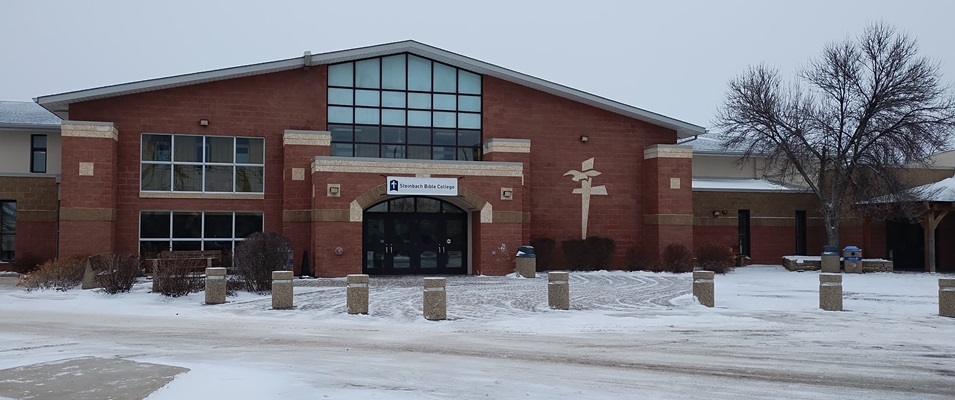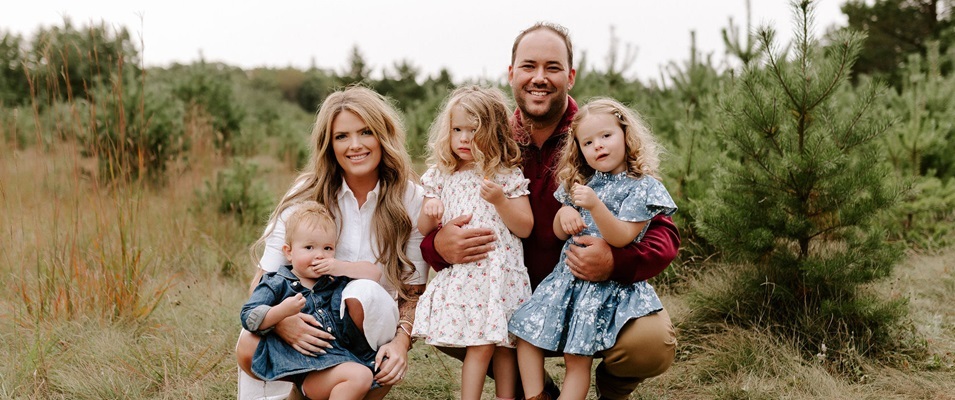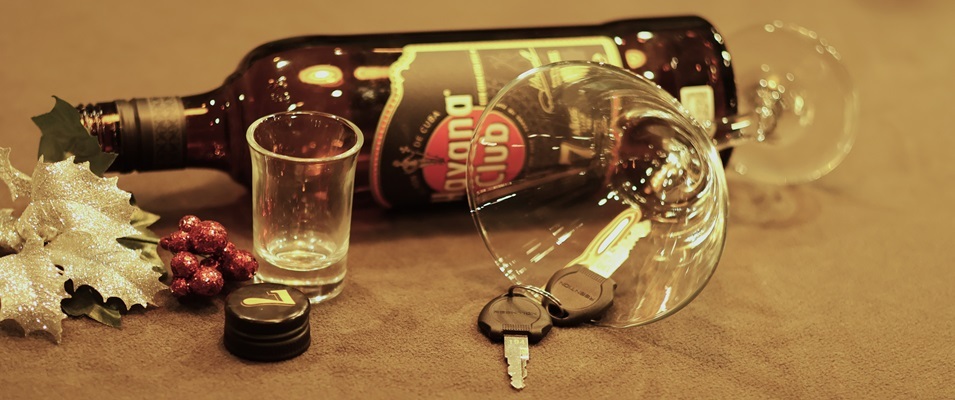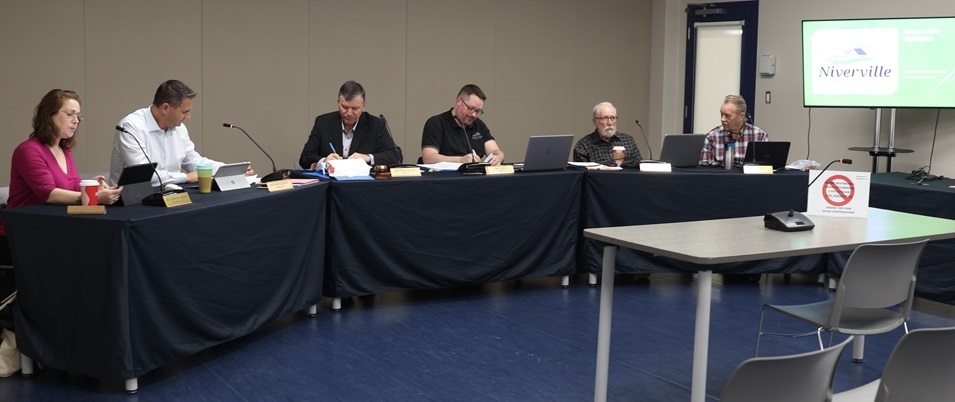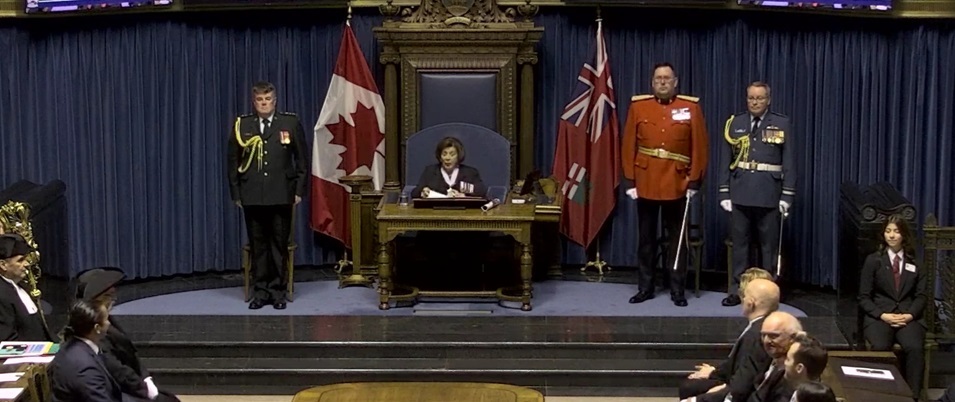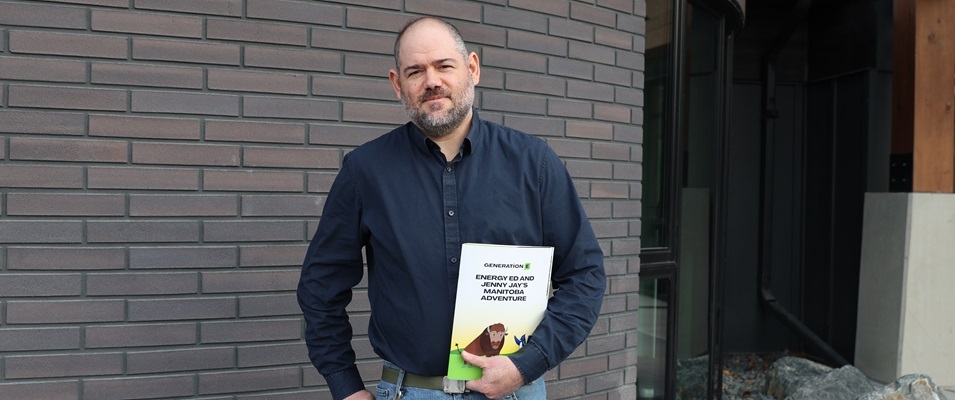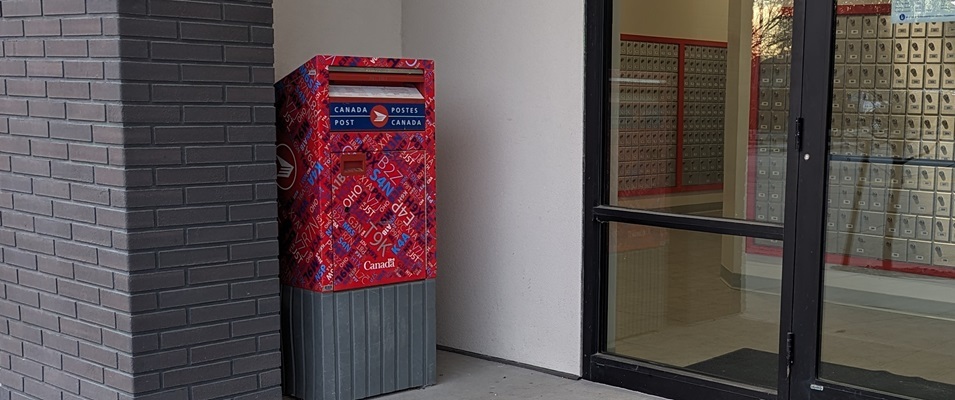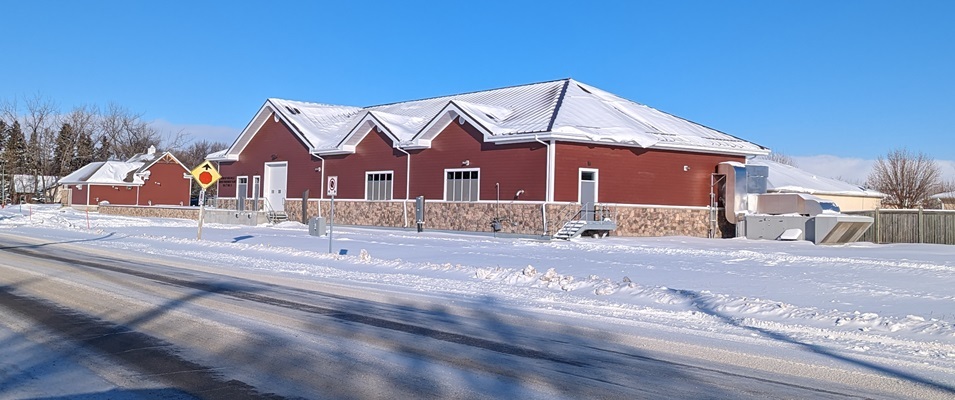
On Tuesday, January 16, Niverville’s town council voted in favour to pass the first reading on a water utility rate hike for the community. The second and third readings will be presented to council at the next scheduled public meeting.
If adopted, Niverville residents with properties connected to the water treatment plant will see their rates increase in April of this year, based on their first quarter consumption.
Residents serviced by private wells will not be affected by these rate hikes.
Water utility rates are comprised of two primary components. The first is a quarterly service charge, which is a standard fee billed to every customer.
The secondary charge includes a predetermined dollar amount that is billed for every 1,000 gallons of water used.
The quarterly service charge will actually drop from the 2023 rates, going from $7.37 per quarter last year to $5.72 per quarter in 2024.
“The quarterly service charge is decreasing due to two factors,” states a council briefing. “One, the staffing change where meter readings are no longer done by high-level technicians but by administrative staff, thus decreasing the cost of labour in the billing and collection category of costs. Two, the annual increases to customer base, thus, spreading the cost across more users.”
The actual charge for the water as a commodity, though, will rise. In 2023, the cost per 1,000 gallons of water sat at $11.18. In 2024, that number will jump to $13.32.
For a single-family household using 3,000 imperial gallons of water per quarter, this means their water costs will grow from $40.91 to $45.67.
“The water commodity rate has increased largely due to the need to increase the reserve to ensure funds are available for future repair and maintenance requirements,” the briefing continues.
A cost analysis was provided to council based on 2021 pricing, although updated pricing is still under investigation.
According to that analysis, the reverse osmosis membranes used to filter water at the treatment plant have a five- to seven-year lifespan and come at a cost of $80,000. The new treatment plant uses four times as many membranes as the old plant did.
The reverse osmosis booster pumps have a 15-year lifespan. There are six of them in the new plant as opposed to the two in use at the previous one. The purchase price for one pump comes to around $56,000.
An updated water rate study for Niverville was performed at the request of the Public Utilities Board (PUB), an independent board operating under provincial legislative authority. A completion date for the study was set as December 2023.
The PUB’s goal was to review the community’s water rates once the new treatment plant was fully operational in order to ensure its long-term sustainability.
According to PUB regulations, all utilities such as water and wastewater must be fully self-sustaining. In other words, the fees collected for a water utility must be equal to the cost to operate a water treatment plant and deliver the commodity to properties throughout the community.
Shortfalls, when the revenue collected doesn’t add up to the actual costs incurred, cannot be made up for through dipping into the town’s general coffers.
To ensure that rates don’t fall behind costs, the PUB can request a water or wastewater study at regular intervals. They provide the final approval for all rate change recommendations.
The last approved rate hike for Niverville took place in May 2016. The town submitted another rate study to the PUB in 2021, which indicated that no rate increase was required at that time.





